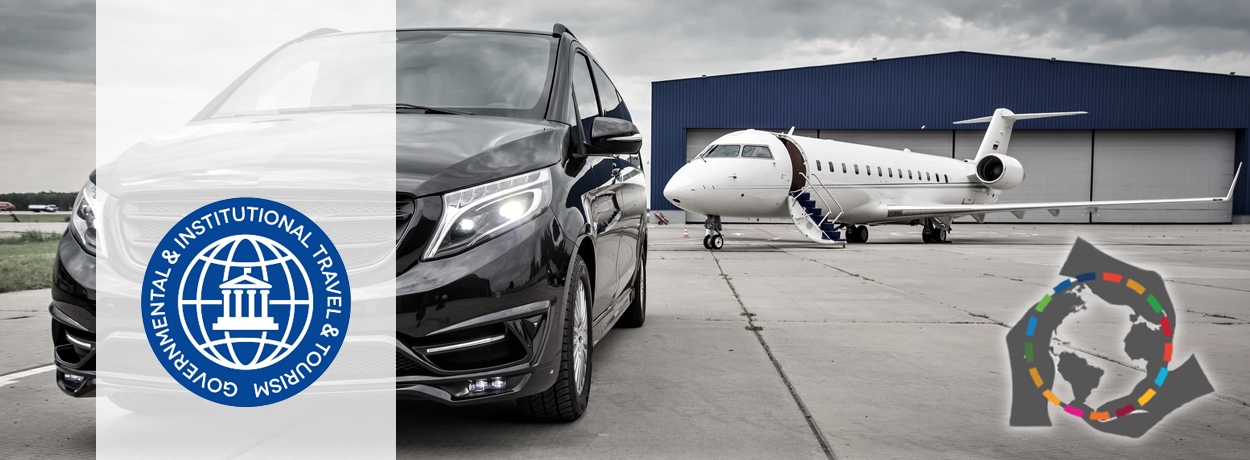
 The awareness of society in recent decades regarding sustainable development and care for the planet had its result at the end of 2015, when the United Nations promoted an initiative that would give continuity to the Millennium Development Goals (MDGs). After a negotiation process involving 193 UN member states, a series of global goals were adopted with very clear purposes: to protect the planet, eradicate poverty and ensure international prosperity. These goals were approved at a summit held in New York through a high-level plenary meeting of the United Nations General Assembly, and were included in the so-called Sustainable Development Agenda - or Agenda 2030 - through 17 goals, or Sustainable Development Goals (SDGs), to be achieved by that date.
The awareness of society in recent decades regarding sustainable development and care for the planet had its result at the end of 2015, when the United Nations promoted an initiative that would give continuity to the Millennium Development Goals (MDGs). After a negotiation process involving 193 UN member states, a series of global goals were adopted with very clear purposes: to protect the planet, eradicate poverty and ensure international prosperity. These goals were approved at a summit held in New York through a high-level plenary meeting of the United Nations General Assembly, and were included in the so-called Sustainable Development Agenda - or Agenda 2030 - through 17 goals, or Sustainable Development Goals (SDGs), to be achieved by that date.
Therefore, keeping the 17 objectives in mind and adopting those that are relevant to each service area is considered a good practice for suppliers to follow. In addition, the challenges faced by the international community in this regard, and the degree to which suppliers strive to help overcome them, are often one of the aspects that delegations value during the search and tracking of service suppliers to carry out their travels. In this sense, it is advisable and very beneficial for suppliers to adopt, as far as they are able, actions and strategies aimed at meeting these Sustainable Development Goals (SDGs).
Although the range of service suppliers for GITT clients is considerably wide, focusing on the most common ones, such as accommodation or chauffeured services, among others, we suggest the following good practices oriented to the GITT sector and aimed at meeting the SDGs:
- Health and well-being: Promoting practices aimed at improving the conditions of the personnel working in the supplier company, reducing the possibilities of occupational and/or traffic accidents through training, technology and awareness.
- Quality education: Offering the company's personnel the necessary training to be able to perform their work within the company, regardless of gender, religion, sexual orientation, race or ethnicity.
- Gender equality: Ending all forms of discrimination in access to jobs, leadership opportunities and access to higher economic resources.
- Affordable and clean energy: Using renewable energy and adapting existing resources, or adopting new equipment, to achieve greater energy efficiency.
- Decent work and economic growth: Creating jobs with decent conditions, fostering entrepreneurship, creativity and innovation, protecting labor rights, and promoting a safe and secure work environment.
- Reducing inequalities: Empowering and promoting the social and economic inclusion of workers, regardless of age, gender, race, ethnicity, origin, confession or economic status.
- Responsible production and consumption: Adopting sustainable practices such as reducing waste generation through prevention, reduction, recycling and reuse.
- Peace, justice and strong institutions: Contributing, for example, to the eradication of corruption and bribery in all its forms.
As we have already mentioned, adopting practices that lead the tourism service suppliers towards the achievement of the Sustainable Development Goals is both necessary and an opportunity for progress, change, modernization and increased resilience, so it is not only advisable, but also very profitable for them, as it means an improvement in the company's image, in its reputation and a better optimization of resources, which translates into increased profits and reduced costs for the company.



